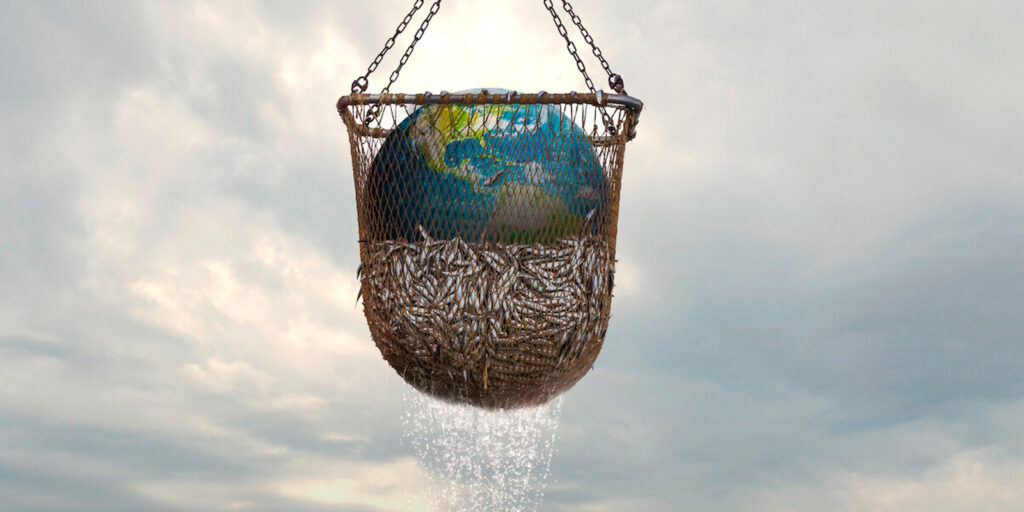Highly-anticipated documentary Seaspiracy has debuted on Netflix today, already garnering global media attention.
Produced by Cowspiracy‘s Kip Andersen, the film sheds light on the ‘war being waged’ on the world’s oceans – delving into the fishing industry’s environmental impacts on marine life.
Seaspiracy’s Netflix debut
Moreover, the official trailer had already exceeded 511,000 views on YouTube. But, the film is now available for a staggering 190 million people to watch across the globe.
“This film will radically transform the way we think and act on ocean conservation forever,” the Seaspiracy team said.
“It’s time we focus our ecological and ethical concerns on our seas and its inhabitants. This is a new era for how we treat the most important habitat on earth.”
Media giants such as The New York Times and Washington Post covered the Netflix launch. Journalist Natalia Winkelman left a scathing review of the film, accusing it of ‘conspiratorial thinking’, but did admit some of its reporting was ‘surprising and memorable’.
‘Vegan propaganda’
However, even before its launch, Seaspiracy received backlash from the fishing industry, who branded the documentary ‘vegan propaganda’.
A leaked document sent to PBN revealed The National Fisheries Institute (NFI) calling the film a ‘dishonest attack’ before it had opportunity to view it.
It has reached out to Netflix, accusing it of promoting ‘propaganda over facts’ – despite not knowing the films’ sources.
A ‘litany of hyperbole’
In a letter, the NFI told the streaming service that both Cowspiracy and What The Health? contained a ‘litany of hyperbole’ and fears Seaspiracy will be similar.
Moreover, the letter voiced grievances to Netflix’s Co-CEO, claiming the documentary is ‘masquerading’ as facts about seafood. Again, this is without having any access to the film except the trailer.
“We consider the film vegan propaganda and we’d like Netflix to start a whole new tab for just this type of content,” the organization told PBN.
“Mistreatment of workers at any place in the seafood value chain should be exposed. And regulators, policymakers and law enforcement should engage where needed right away.”






